Description
Glucagon is a 29-amino acid polypeptide, produced by alpha cells of the pancreas. The polypeptide has a molecular weight of 3485 Da that plays a critical role in glucose metabolism and homeostasis. It works to raise the concentration of glucose in the bloodstream. It is also used as a medication to treat a number of health conditions. Its effect is opposite to that of insulin, which lowers the glucose.
The pancreas releases glucagon when the concentration of glucose in the bloodstream falls too low. Glucagon causes the liver to convert stored glycogen into glucose, which is released into the bloodstream. High blood-glucose levels, on the other hand, stimulate the release of insulin. Glucagon allows glucose to be taken up and used by insulin-dependent tissues. Thus, glucagon and insulin are part of a feedback system that keeps blood glucose levels stable. Abnormally elevated levels of glucagon may be caused by pancreatic tumors, such as glucagonoma, symptoms of which include necrolytic migratory erythema, reduced amino acids, and hyperglycemia. It may occur alone or in the context of multiple endocrine neoplasia type 1.
Only logged in customers who have purchased this product may leave a review.

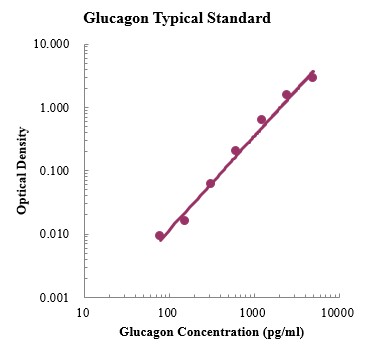



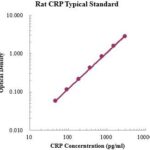


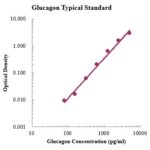
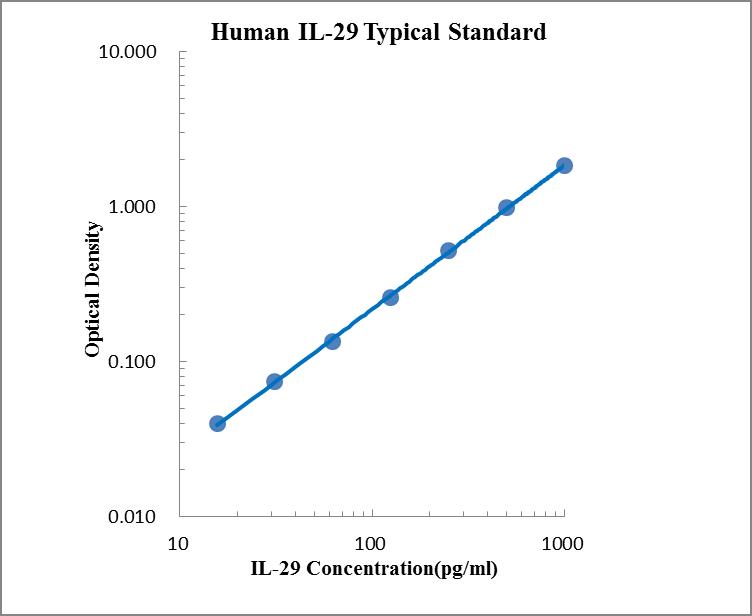
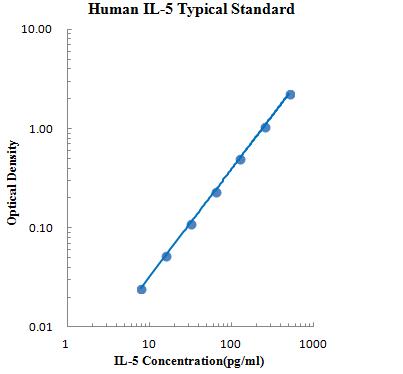
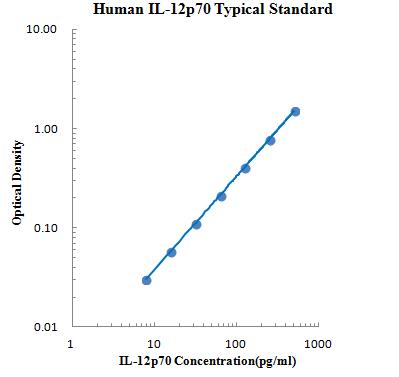
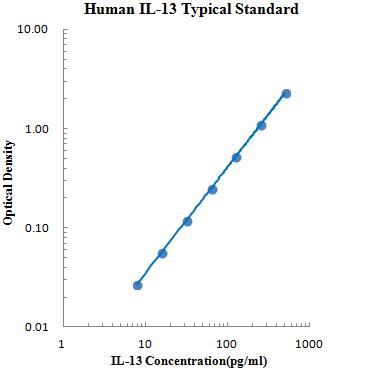
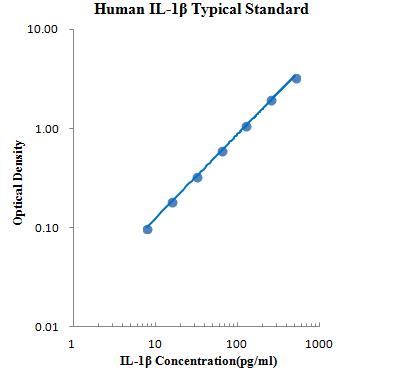
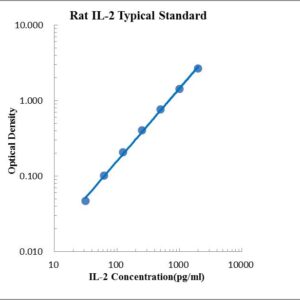
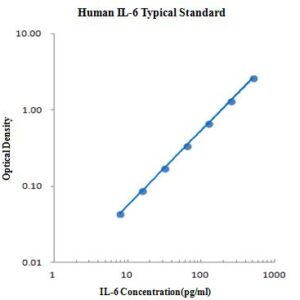
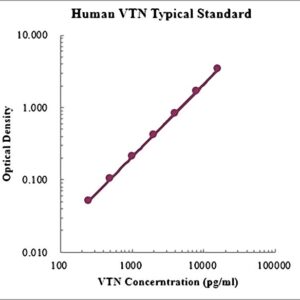
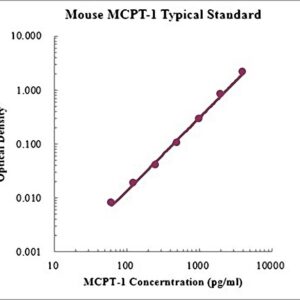
Reviews
There are no reviews yet.